Prosecutions over TV licence fee evasions are expected to double in coming years and return to normal levels, following a decline during the Covid years – that’s the estimate presented by the BBC in Parliament today.
In addition, BBC Director-General Tim Davie addressed the recent TV Licence fee changes, the controversial tweet posted by culture secretary Nadine Dorries, and the BBC’s plans for the future.
Tim Davie, Chief BBC Financial Officer Glyn Isherwood, and Chief Operating Officer Leigh Tavazia spoke with the Public Accounts Committee, which examines the value for money of Government projects, programmes and service delivery.
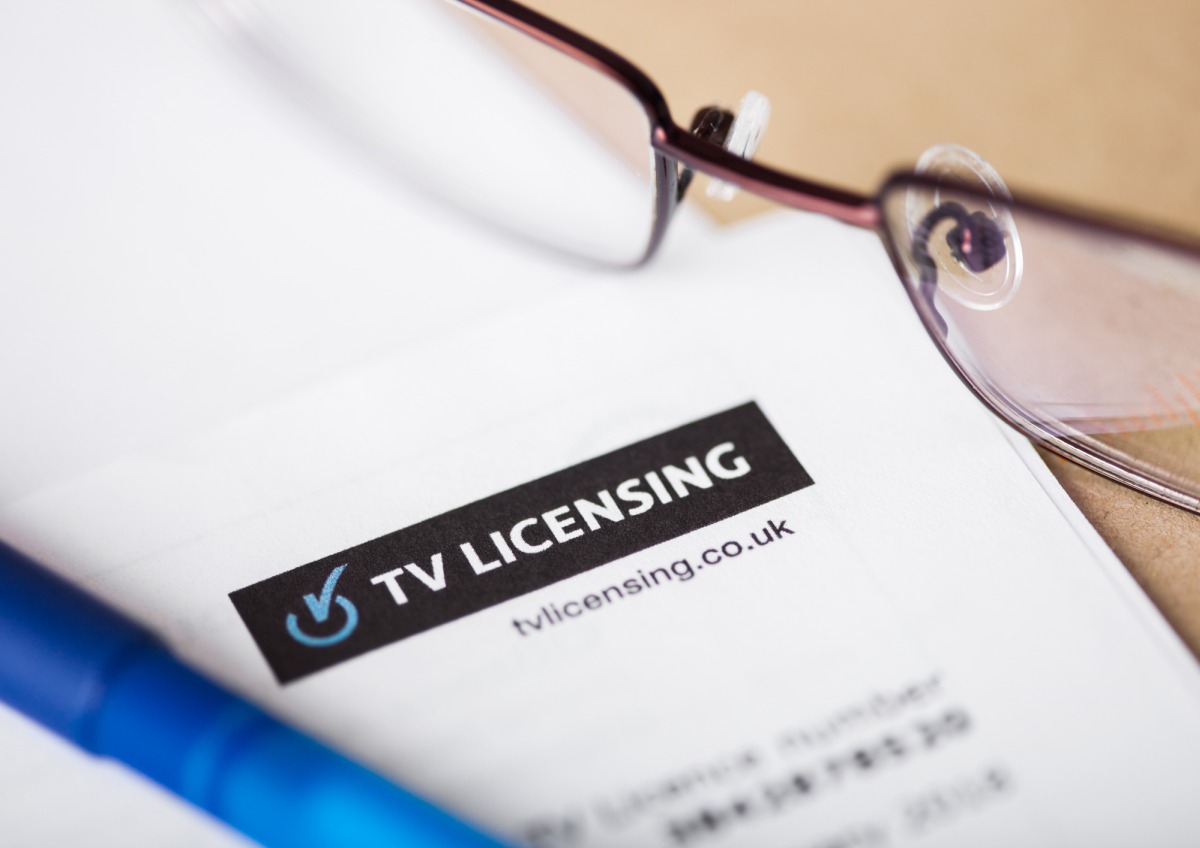
Last week, the government announced the freezing of the TV Licence fee, which is used to fund the BBC, leaving it at the current £159/year rate until 2024.
Currently, anyone who watches the BBC live, or streams it via BBC iPlayer, has to pay the TV licence fee.
Furthermore, if you watch any live TV from any broadcaster, you also need to pay the fee (See our full guide on whether you need to pay the TV Licence fee or not).
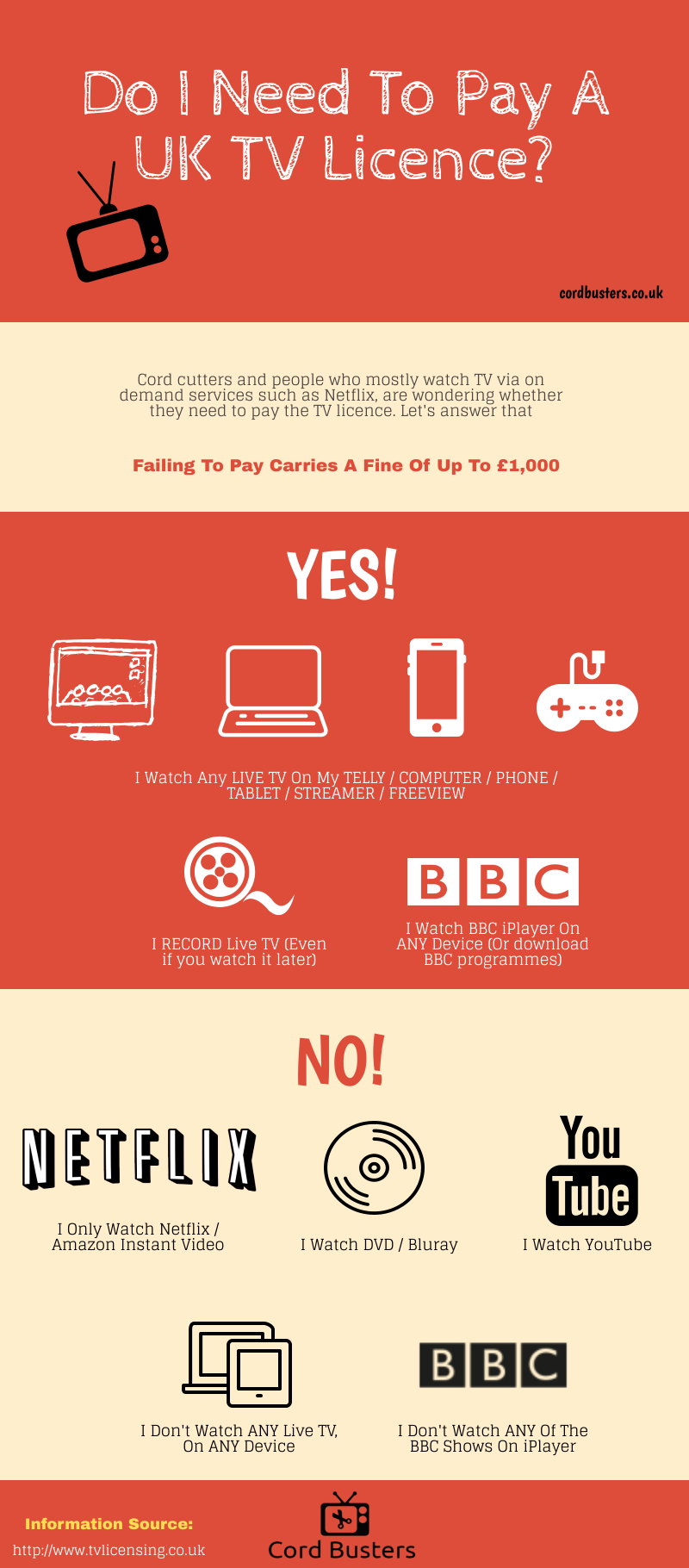
Failure to pay the TV licence fee is a criminal offence. If BBC inspection officers suspects you’re evading the fee (when you should be paying it), you could end up paying a fine of up to £1,000 or, in rare cases, even go to jail.
Asked about the current number of prosecutions over licence fee evasions in the last few years, the BBC’s Leigh Tavazia said:
“We have seen convictions and prosecutions in the range of around 60,000 a year. In the year to date that’s about 37,000. That does not necessarily relate to a fine or any further enforcement action following that.”
However, that number is almost half of what it used to be in recent years.
According to data published by the MoJ, there were 114,000 convictions of TV licence fee evaders in 2019, and that change is related to the pandemic and UK lockdowns.
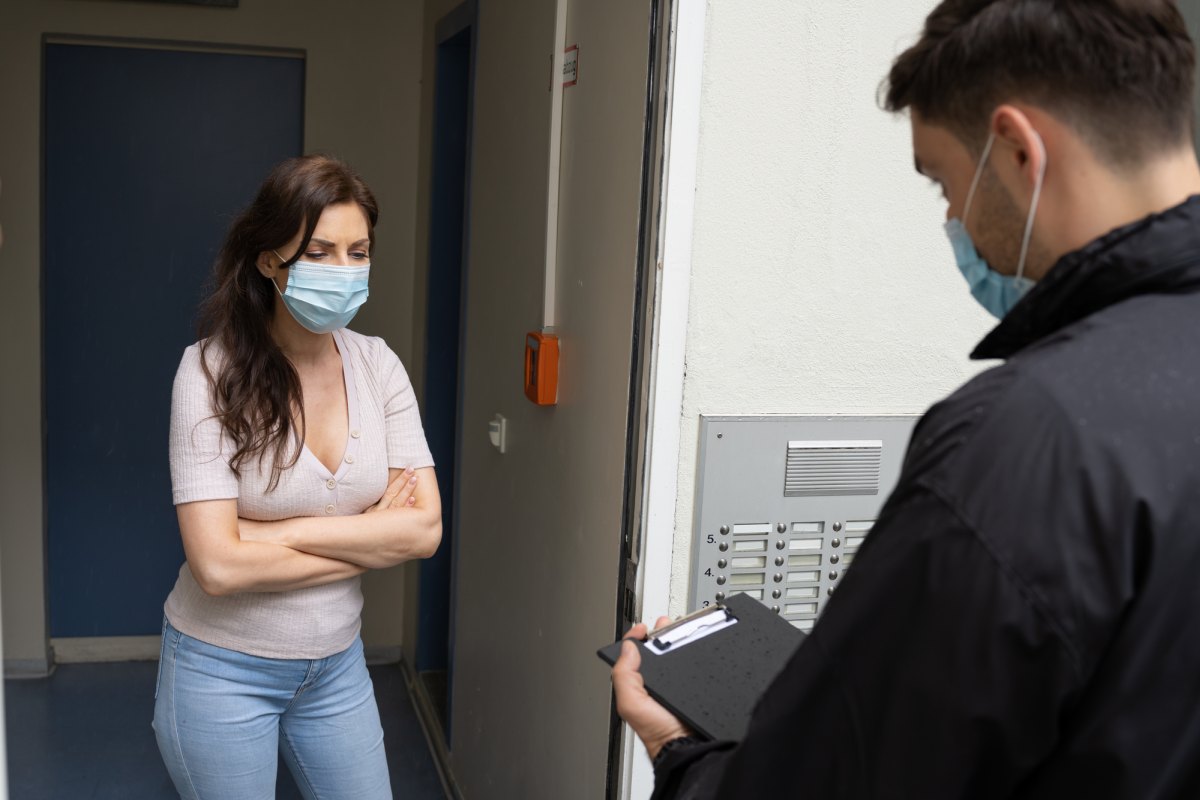
“2020 was challenging”, said Ms Tavazia, “We did not have field agents and home visits during that period. We expect to be able to go back to normal levels on that.”
Therefore, the BBC is expecting to go back to previous levels of prosecution, and in essence, double the current number in the coming years.
Another fact that was brought up again is that around 74% of all those convicted of TV licence fee evasion in 2019 were women. When first revealed, it was suggested by the MoJ that women are simply more likely to answer the door, when the TV licence fee inspectors come knocking.
“The vast majority of people do pay the licence fee”, Tavazia added, “And we work hard that our visiting officers have constructive conversations with licence fee payers, helping them understand why they’re not paying the licence fee.”
BBC’s Reaction To The Licence Fee Freeze
In speaking to the committee, BBC director-general Tim Davie also addressed the recent decision to freeze the licence fee for two years.
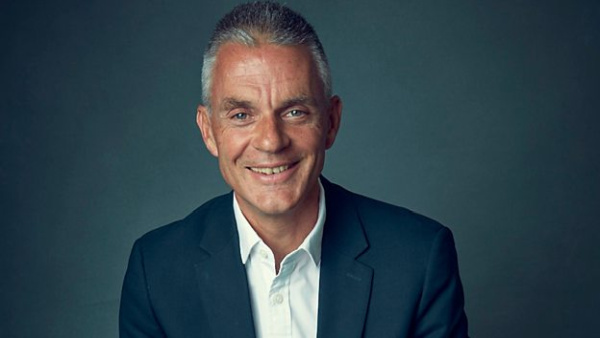
“I am disappointed that we’ve got two years flat”, he said. “Households are under enormous pressure, you have to recognise that, but we have made a case for CPI (Consumer price inflation).
“I happen to think that the licence, for a long time, has been an outstanding way of operating…
“We have a precious system here, supported universally, and we should be very careful thinking about the future. But it’s not a closed-minded BBC.”
A few days before the official announcement, culture secretary Nadine Dorries said in a tweet that “This licence fee announcement will be the last”, hinting at finding a new way of funding the BBC following the end of the current charter in 2027.
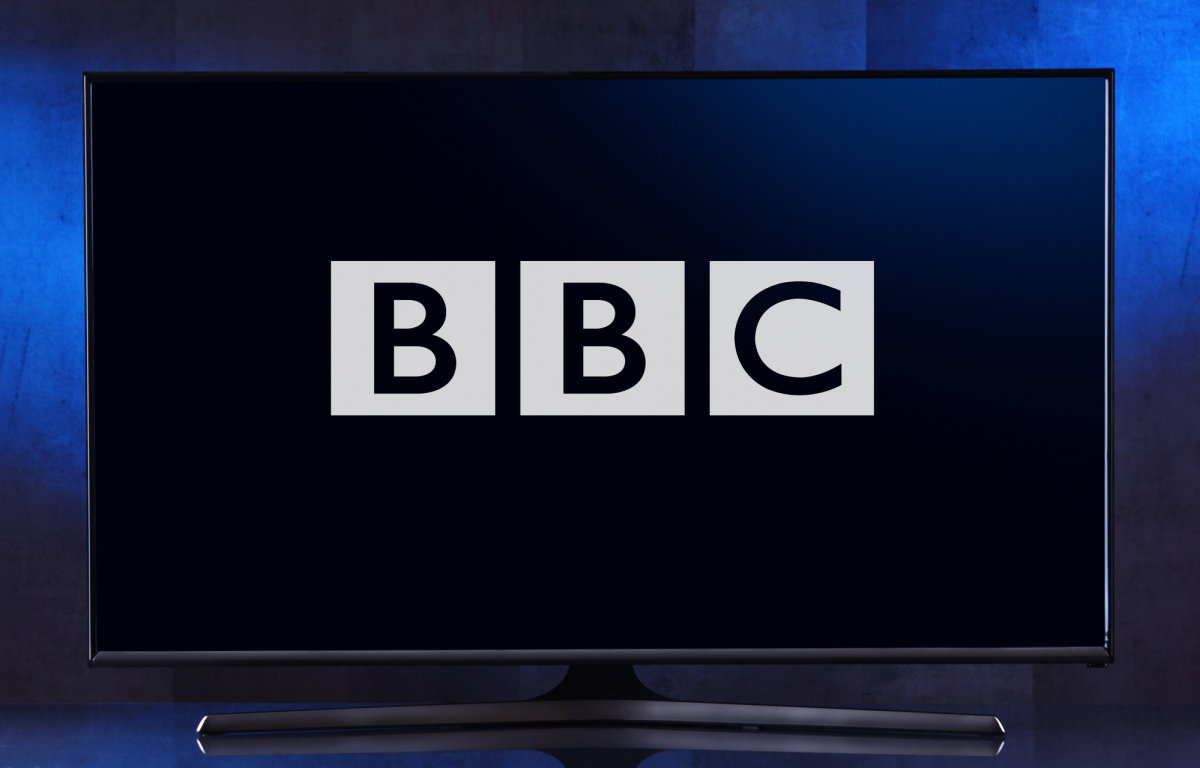
While later, in the official announcement, the government said no decisions about the future of the licence fee have been made yet – Mr Davie says he was surprised at the nature of the announcement in that particular moment.
“I don’t think it’s for one person to decide the funding model of the BBC. We need to go through that properly. And I think the licence fee has proven itself to be very strong in what it delivers.
“But that’s not to say that the BBC is dug in behind… we absolutely want to go through a process and listen to the public on that. That’s what needs to happen.
“The licence fee, it’s not without its faults, no option is perfect. And this is about public support – everyone’s got their issue with the BBC, but 90% of the population come to the BBC every week for an average of 18 hours.
“That’s held up over the last year. Over half the UK come 5 days a week.”
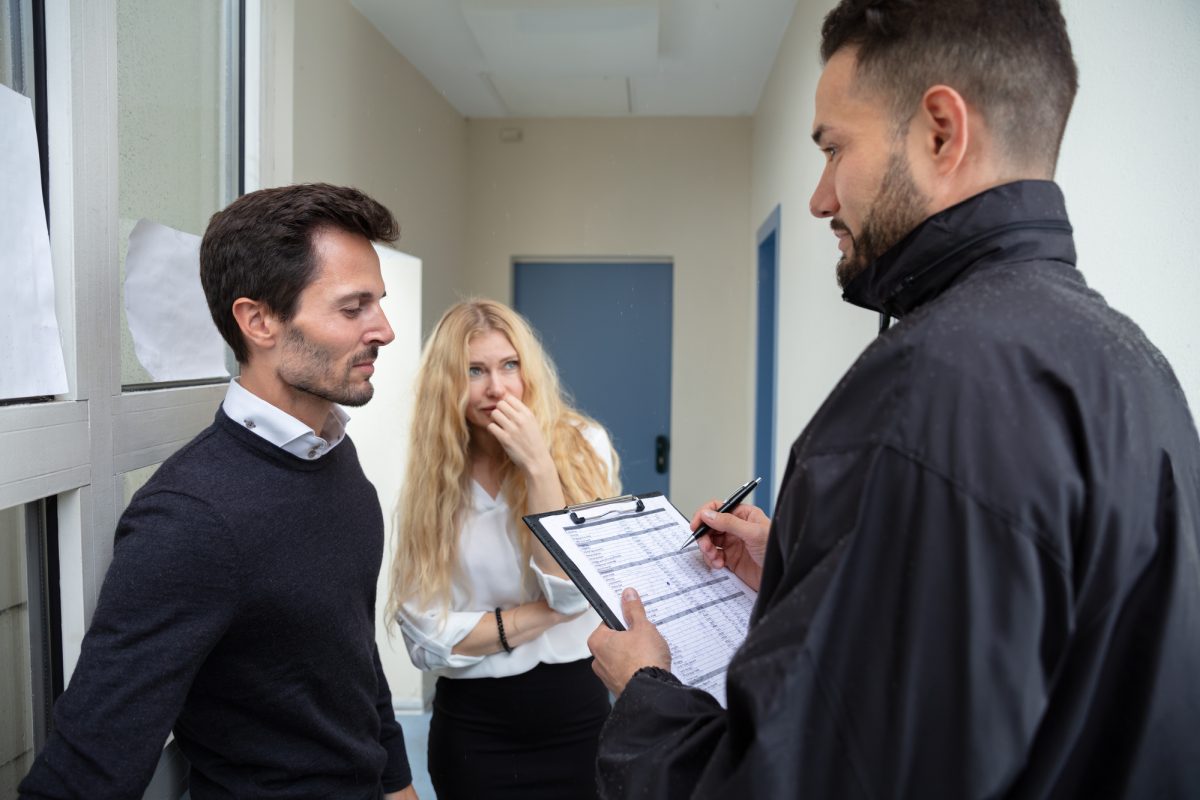
In a comment to the subject of the BBC statement that 90% of the public go to the BBC every week, if you have already paid the license fee,not by choice but by law, then why not watch it. I feel that the BBC is very baias against any views that leaving the European Union was the right decision, and that this Tory government is trying to do the right thing for this country under very difficult circumstances with the Covid 19 pandemic,Terrorism and political baias towards it.